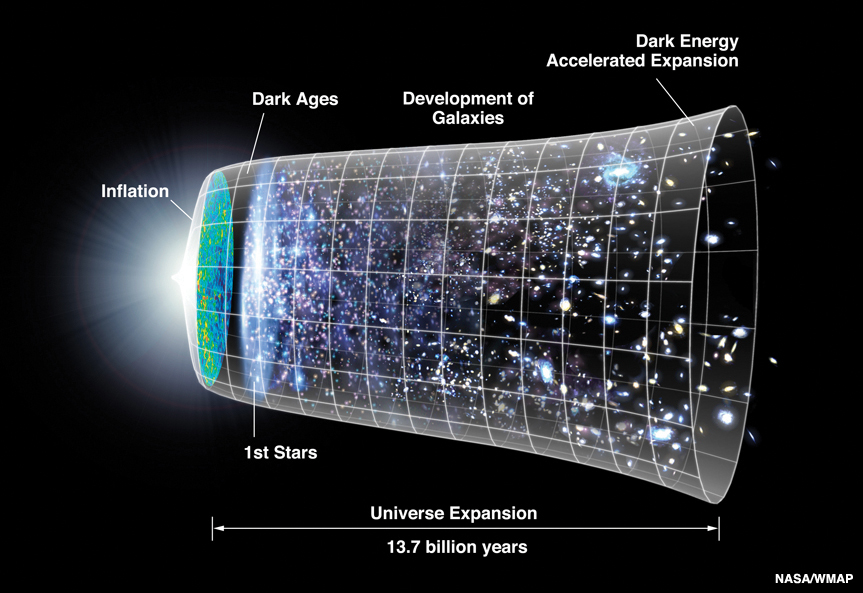December 12, 2013, by Brigitte Nerlich
Dark energy in Westminster
 This is a guest blog by Dr Clare Burrage who works at the Particle Theory Group within the School of Physics and Astronomy. It complements the post by Professor Philip Moriarty that I cross-posted recently. Here is Clare’s story about her experience of Westminster:
This is a guest blog by Dr Clare Burrage who works at the Particle Theory Group within the School of Physics and Astronomy. It complements the post by Professor Philip Moriarty that I cross-posted recently. Here is Clare’s story about her experience of Westminster:
When I told friends and colleagues that I was going to spend a Week in Westminster as part of the Royal Society MP-Scientist pairing scheme the response, more often than not, was: “Why would you want to do that?” To be fair to them the connections between my research into the nature of Dark Energy and the day to day work of parliament and government are not at all obvious.
Dark Energy
One of the most startling things we have learnt about the Universe in the last decade is that the speed with which galaxies are moving away from one another is now beginning to accelerate. Nothing in the physics that we understand can explain this observation. There must be a new, mysterious substance in the Universe which behaves unlike anything we know. We call this substance Dark Energy. In my research I try to build theoretical models for what dark energy might be; it’s very difficult to make a model that is self-consistent, explains what the Universe is doing on the largest scales and is in agreement with the physics that we have measured precisely on Earth. We still don’t have a successful theory yet, but we’re working on it!
I wanted to take part in the pairing scheme partly because it seemed like an amazing opportunity to try to understand the complex organisations that influence so much of our lives, but I also wanted to go to find out more about how the government views fundamental science at a time when our funding seems ever more precarious.
The Royal Society has been running this successful scheme since 2001 and this year 36 scientists (including my colleague at Nottingham Philip Moriarty who blogged about his experiences in an earlier post) from all career stages took part and were paired up with MPs, civil servants or a Lord. We spent two days learning about the many different roles that science plays in parliament and then I spent two days shadowing Lilian Greenwood, MP for Nottingham South and Shadow Rail Minster.
Dark time?
The difference that stood out for me most between the world of Westminster and the world of academic research was the time scales that we work to. There are few hard deadlines in the world of research and the papers that I publish can be the result of anything from six months to a few years’ worth of work. By contrast the focus of parliament is continually shifting from one topic to another, and if you want to contribute to a particular debate you have to grab you chance when it arises or lose it, meaning you need to be able to acquire and process information very rapidly
I experienced this directly on Thursday morning. When I met Lilian in the lobby of Portcullis House she told me that she was planning on attending questions to the Minister for Business, Innovation and Skills (BIS) in half an hour and did I want to try to think up a question she could ask to the Minster on the importance of fundamental science. Having to marshal my thoughts into a concise and coherent argument in the space of about 15 minutes and then seeing the result of that half an hour when Lilian asked our question in the chamber, was challenging and so different to the way that I normally work. I’m very proud of the question that Lilian asked:
“Does the Minister agree that investing in fundamental research is vital to inspire the next generation of scientists and engineers and to create conditions for the serendipitous discoveries of the future?”
Fundamental physics
It sums up all of the reasons that I think doing fundamental research, even into something as seemingly far removed from daily life as dark energy, is important and everything that I feel is missing in the current drive to connect the research done in Universities ever closer with industry. The response from David Willetts, Minister for Universities and Science, was a little disappointing:
“I completely agree with the hon. Lady, which is why the Government support fundamental research. Only last week I went to the launch of £250 million of public money for centres of doctoral training run by the Engineering and Physical Sciences Research Council.”
It’s great to hear that the Minister agrees that fundamental research is important, but it’s unfortunate that he chose to back this up with the example of the new CDTs that all have industry involved as a partner or a co-creator.
Fundamental relations
A number of times during my week in Westminster I heard the relationship between government and science today compared to the relationship between the media and science 10 years ago. Both sides mistrust and misunderstand one another and so communication is difficult. But just as our relationship with the media has changed for the better, I’m convinced science and government can learn to work well with one another and the Royal Society Pairing Scheme is a great way of making that happen.
Image: Nasa
No comments yet, fill out a comment to be the first

Leave a Reply